Teen Dating Violence
What is teen dating abuse?
Teen dating violence involves physical, emotional, psychological, or sexual abuse between teenagers in romantic relationships, including behaviors like hitting, manipulation, harassment, or assault. It can lead to serious consequences such as physical injuries and long-term emotional trauma. Recognizing the signs and seeking help are crucial for teenagers, with parents, educators, and trusted adults playing key roles in providing support and education on healthy relationships to prevent such violence.
Are You Seeing Warning Signs?
The person I am with…
Is not liked by my friends.
Says that I am too involved in different activities.
Texts or calls me all the time.
Gets extremely jealous or possessive.
Accuses me of flirting or cheating.
Controls what I wear or how I look.
Tries to control who I see.
Tries to keep me from seeing or talking to my family or friends.
Has big mood swings, getting angry and yelling at me one minute but being sweet and apologetic the next.
Makes me feel nervous or like I'm "walking on eggshells."
Puts me down, calls me names or criticizes me.
Makes me feel like I can't do anything right or blames me for problems.
Makes me feel like no one else would want me.
Threatens to hurt me, my friends or family.
Threatens self-harm because of me.
Threatens to or does destroy my things.
Grabs, pushes, shoves, chokes, punches, slaps, holds me down, throws things or hurts me in some way.
Yells, screams, or humiliates me in front of other people.
Pressures or forces me into having sex or going farther than I want to.
33% of teens who were in an abusive relationship never told anyone about the abuse.
Start the Conversation!
Tips on How to Talk to Your Teens about Teen Dating Violence:
Initiate the discussion in a calm and non-judgmental manner.
Find a comfortable and private setting where your teen feels safe to talk.
Educate Them:
Explain what dating abuse is, including its various forms such as physical, emotional, psychological, sexual, and digital abuse.
Discuss the warning signs of abuse and how to recognize them in a relationship.
Encourage Open Communication:
Let your teen know they can talk to you about anything without fear of judgment or punishment.
Emphasize the importance of trust and honesty in relationships.
Listen Actively:
Listen to your teen's thoughts and feelings about dating, relationships, and any concerns they may have.
Validate their experiences and emotions, and avoid minimizing their feelings.
Promote Healthy Relationships:
Discuss the qualities of a healthy relationship, such as mutual respect, trust, communication, and support.
Encourage your teen to set boundaries and respect the boundaries of their partner.
Empower Them to Speak Up:
Let your teen know it's okay to speak up if they feel uncomfortable or unsafe in a relationship.
Teach them how to assert themselves and communicate their needs and boundaries effectively.
Provide Support and Resources:
Assure your teen that help and support are available if they ever need it.
Share resources such as hotlines, counseling services, and support groups for teens experiencing dating abuse.
Be a Role Model:
Model healthy relationship behaviors in your own relationships and interactions.
Show your teen what respectful communication, conflict resolution, and boundaries look like.
Stay Engaged:
Continue the conversation over time and check in regularly to see how your teen is doing.
Stay informed about their relationships and be available to offer guidance and support when needed.
Stay Calm and Non-Judgmental:
Remain calm and composed, even if you're worried or upset about what your teen shares.
Avoid blaming or criticizing your teen or their partner, as this may shut down communication.
Respect Their Independence:
Recognize that your teen may want to explore relationships and make their own decisions.
Offer guidance and support without being overly controlling or intrusive.
Love is Respect
www.loveisrespect.com
1-866-331-9474
OneLove
www.joinonelove.org
The Trevor Project (LGBTQ+ Support)
Text 678-678
National Suicide Prevention Lifeline
800-273-8255



